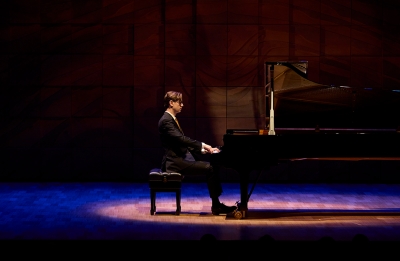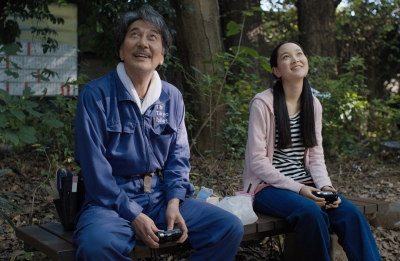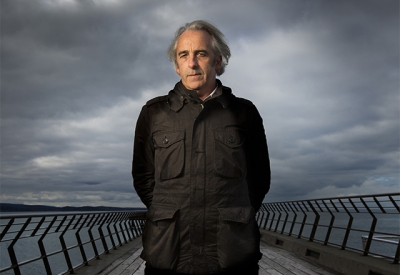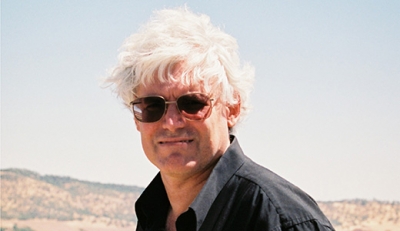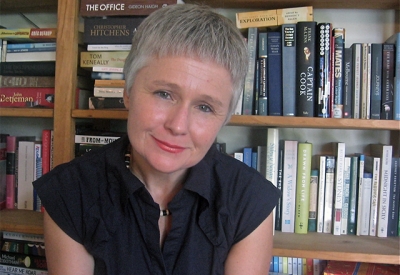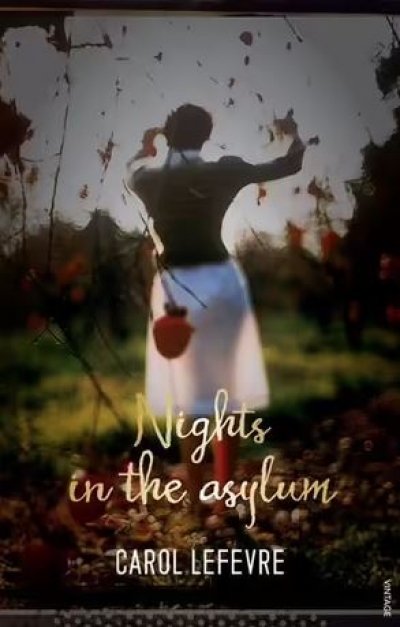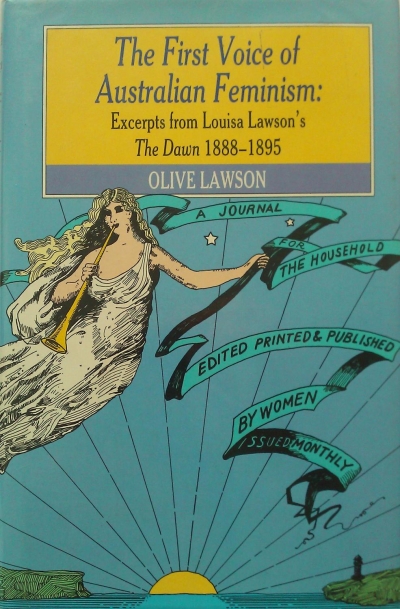April 1990, no. 119
Louisa Lawson’s journal, The Dawn, probably wasn’t as politically influential as we would like to think, despite reliable evidence of a substantial subscription list and a fairly far-flung readership. Its championing of major issues of the day such as Female Suffrage and Marriage and Divorce law reform was relentless, unswervingly logical, and resounding, but the momentum which would bring victory in those and other campaigns for womens’ rights did not come centrally from The Dawn. And, when Louisa was saluted as Mother of the Suffrage, it was at least as much for her personal efforts – her speeches, public appearances, debates, and formidable public example – as for her ringing editorials and ideological feature articles. Indeed, Louisa’s very first image for the journal (‘phonograph to wind out audibly the whispers, pleadings and demands of the sisterhood’) with its haunting suggestion of Aeolian Harp mixed in with the latest amplification technology, was peculiarly apt in that The Dawn was less a shaper and leader of feminine political opinion than a fearless and unequivocal announcer of it. And, in the early stages at least, it was a more or less solitary voice – which greatly enhanced its importance.


















